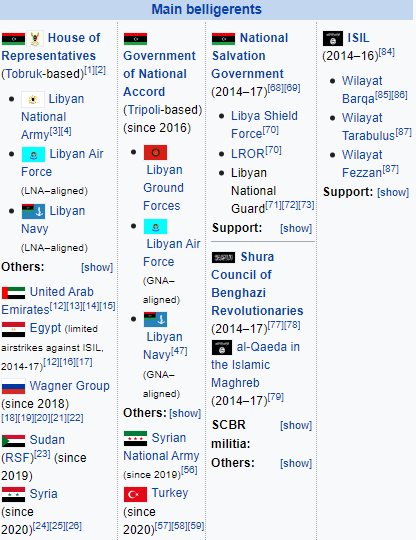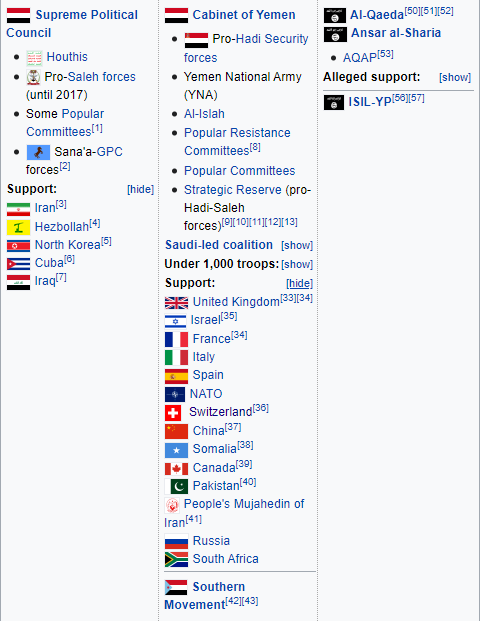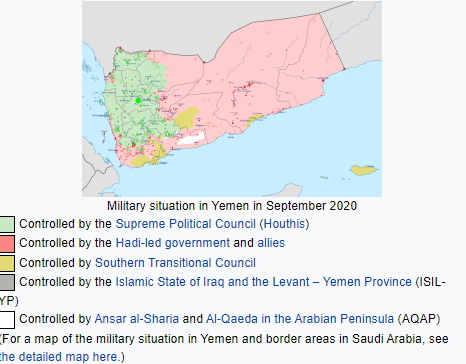
1/Today's @bopinion post is about the economic threat from population aging.
bloomberg.com/opinion/articl…
bloomberg.com/opinion/articl…
2/The world's industrialized nations are getting older. That includes China, whose median age was almost equal to that of the U.S. in 2019, and probably passed it up this year.
But Japan is the oldest of them all.
But Japan is the oldest of them all.

3/Some people say that population aging isn't a threat to living standards.
They point out -- correctly -- that Japan's GDP per working-age person has continued to grow at a robust pace.
They point out -- correctly -- that Japan's GDP per working-age person has continued to grow at a robust pace.

4/The problem is, when working-age people occupy a smaller and smaller slice of the population, they have to support more and more retirees out of their incomes.
When you look at GDP per capita instead of per working-age person, Japan's performance since 2000 goes way down.
When you look at GDP per capita instead of per working-age person, Japan's performance since 2000 goes way down.

5/Any way you slice it, a growing number of retirees per worker imposes an economic burden on a country. Taxes have to go up to pay for more pensions and health care and services for the elderly, while more of young people's time is taken up by eldercare.
6/There are other possible downsides of population aging.
When promotions are based on seniority (as in Japan, but also in most countries to some extent), aging means that corporate hierarchies will be increasingly dominated by people who are used to old ways of doing things.
When promotions are based on seniority (as in Japan, but also in most countries to some extent), aging means that corporate hierarchies will be increasingly dominated by people who are used to old ways of doing things.
7/Population LOSS, as Japan is now experiencing, can also weaken the agglomeration effects that concentrate economic activity in a certain region. Companies don't want to invest in a shrinking market.
hbs.edu/faculty/Public…
hbs.edu/faculty/Public…
8/There might also be macroeconomic problems as well.
A negative population growth rate could mean a low natural rate of interest, which weakens' a central bank's ability to keep an economy out of deflation.
A negative population growth rate could mean a low natural rate of interest, which weakens' a central bank's ability to keep an economy out of deflation.

9/The Bank of Japan has been arguably the most activist central bank in history since 2013, and failed to hit even a 2% inflation target. Now the country is slipping back into deflation.
bloombergquint.com/onweb/japan-s-…
bloombergquint.com/onweb/japan-s-…
10/So, population aging could contribute to a macroeconomic trap known as "secular stagnation". We're still not sure if this is a real thing, but if it is, it's another risk of aging.
nber.org/papers/w20574
nber.org/papers/w20574
11/So far, countries that have experienced population aging have gone to great lengths to compensate for the problem.
There are three main ways of compensating:
1. Have old people work longer
2. Automation
3. Immigration
nber.org/papers/w22310
There are three main ways of compensating:
1. Have old people work longer
2. Automation
3. Immigration
nber.org/papers/w22310
12/It sucks to make the elderly work until they're close to death. And there's a limit to the gains that that process can generate, anyway.
So that leaves automation and immigration.
So that leaves automation and immigration.
13/Immigration will definitely ameliorate the aging problem for a while, assuming you can avoid the political hurdles (big assumption!).
And indeed, Japan has been ramping up immigration since 2013.
And indeed, Japan has been ramping up immigration since 2013.

14/But that solution will only work for a while. For one thing, fertility rates are falling not just in rich countries, but everywhere. Sub-Saharan Africa, the last major high-fertility region, has seen its total fertility rate fall from over 6 to around 4.7. 

15/Also, poor countries are growing richer. Evidence shows that this eventually causes emigration rates to decline.
The immigration bonanza won't last forever (which is why it's urgent we take advantage of it while we can).
thecorrespondent.com/747/how-i-ende…
The immigration bonanza won't last forever (which is why it's urgent we take advantage of it while we can).
thecorrespondent.com/747/how-i-ende…
16/That leaves one last-ditch weapon against the economic burden of an aging population:
Automation.
Some believe that we may be able to have machines smoothly take over from humans as humans get older.
nber.org/papers/w23077
Automation.
Some believe that we may be able to have machines smoothly take over from humans as humans get older.
nber.org/papers/w23077
17/And of course, this is one reason why Japan is so heavily invested in robotics.
bloomberg.com/news/articles/…
bloomberg.com/news/articles/…
18/So for now, rich countries can have old people work longer and bring in more immigrants. But in the long term, only robots can save the world's people from the burden of population aging.
(end)
bloomberg.com/opinion/articl…
(end)
bloomberg.com/opinion/articl…
• • •
Missing some Tweet in this thread? You can try to
force a refresh









